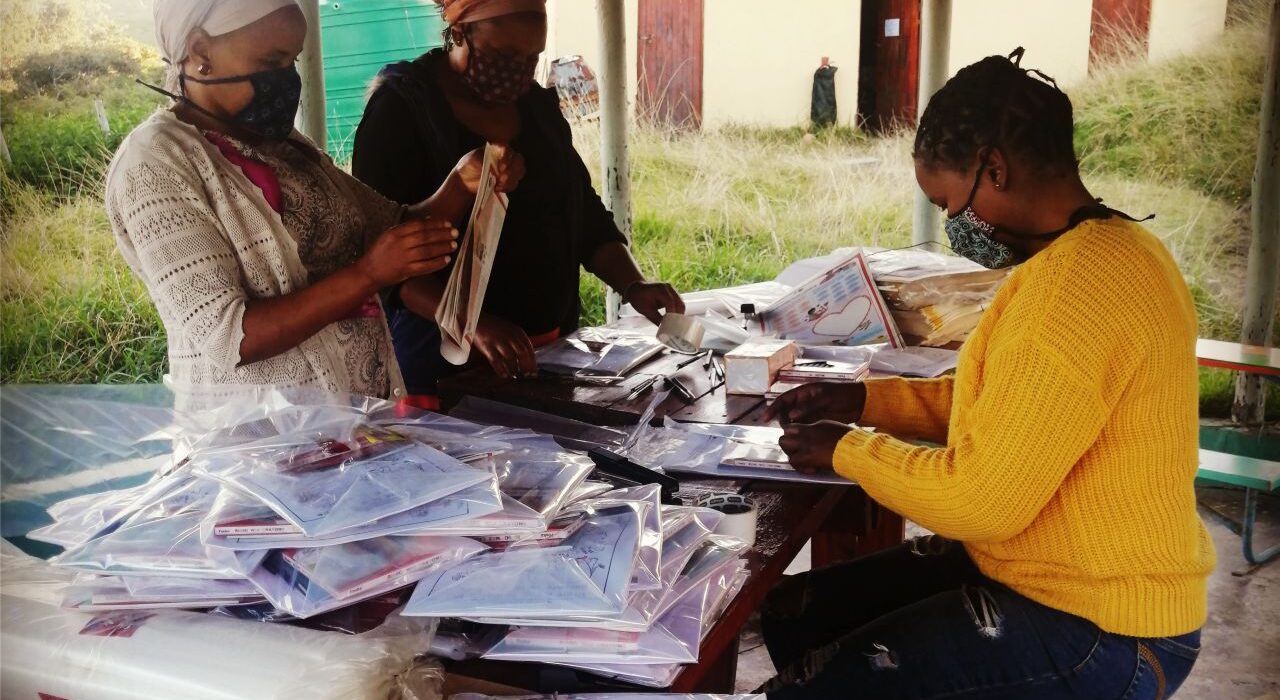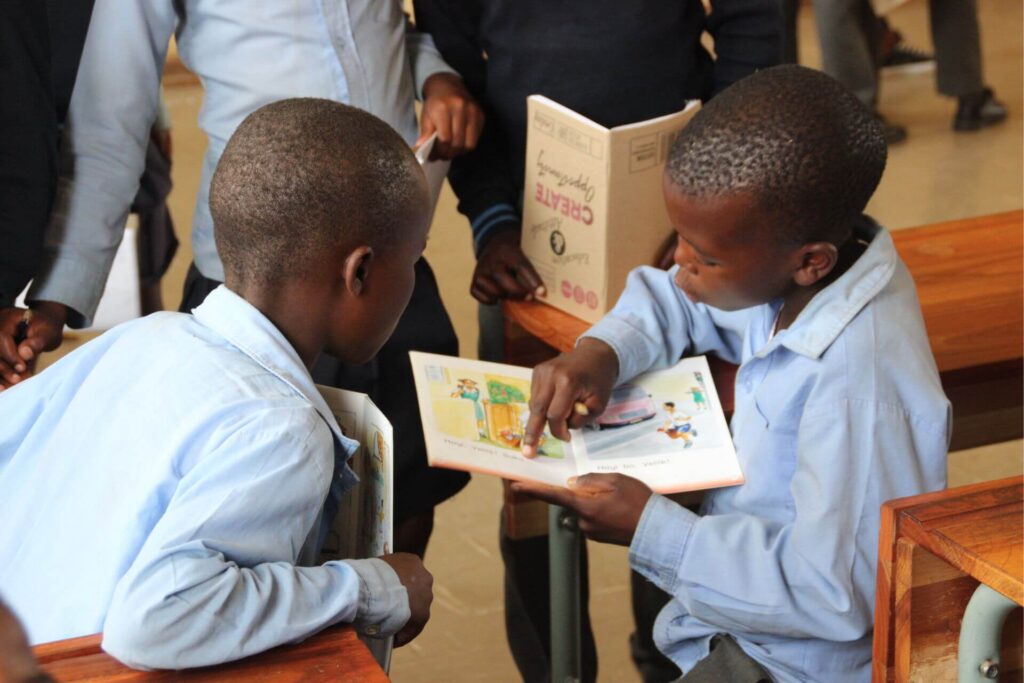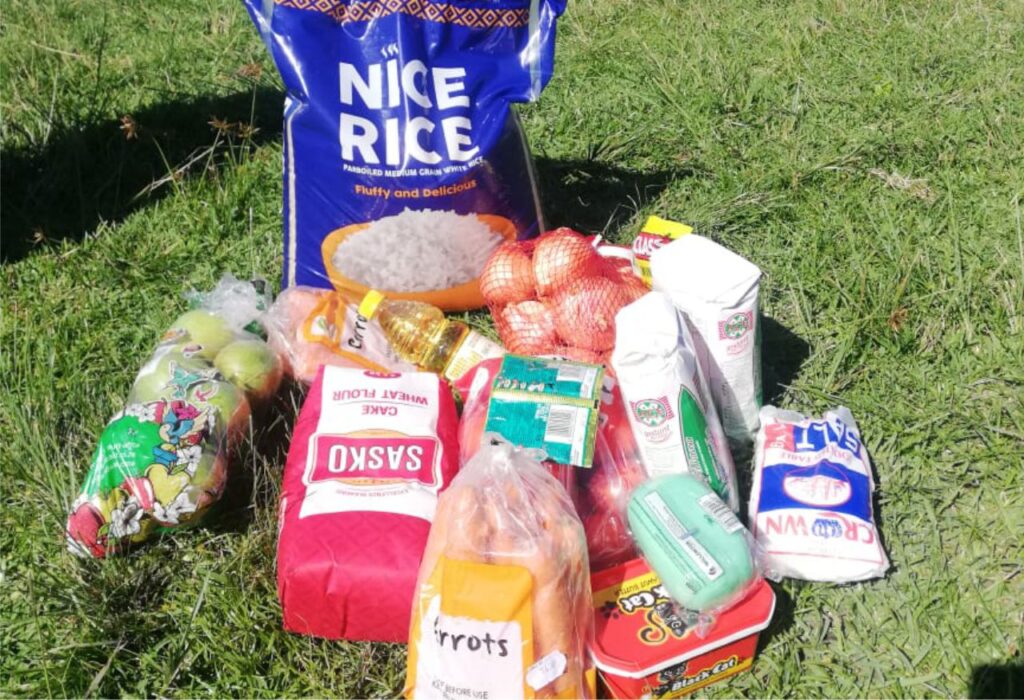The global COVID-19 pandemic has not only meant the spread of a dangerous virus but it has also had the unintended consequence of leaving many people without work and families without food. These consequences are just as deadly, particularly for those members of our society with little to no family support and resources. In the rural areas this burden is heightened as many family members have returned home from cities, meaning even more mouths to feed.
A grassroots response
Kamvalethu responded quickly in releasing immediate funding relief to our project partners. We have also been actively part of discussions on how best to respond with regards to education in the home. Each project partner faces unique challenges and has responded in varied ways. The responses have mainly been to meet immediate basic needs (food and hygiene; salary protection; setting up safe houses) and to support caregivers in stimulating their children from home (workbooks and stationery; education champions; WhatsApp interaction).
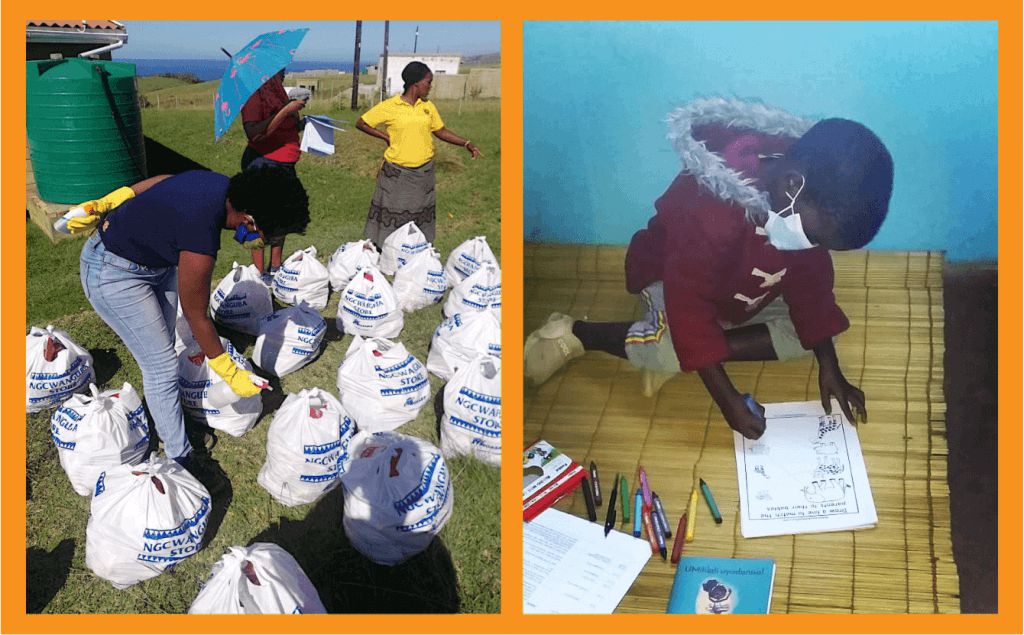
Above left: Food and hygiene parcels Above right: Learning at home
Maitri Collaboration
The needs have far exceeded what we as a Foundation can provide, so we were delighted when our friends at Maitri Trust reached out, letting us know that they were releasing COVID-19 relief funding. With their support, some of our project partners have received additional funding which is guaranteed until the end of this year. We wanted to take this opportunity to thank them and introduce you to the awesome work they do. Jo Davies heads up the Maitri Trust and answered some questions for us.
Q: Can you tell us a bit about Maitri and how your organisation started?
Maitri is based in Scotland’s capital, Edinburgh, in the UK and was set up in 2006 by a team of investment managers within a much larger corporate. They wanted to give back some of the profit they were responsible for generating to the areas of the world in which they invested, on behalf of their clients. People often think the Trust is a typical CSR initiative but really it is more like a family foundation. The name ‘Maitri’ (definition: benevolence; kindness) is a Sanskrit word and was chosen because the founders are a multi-cultural group with offices in the UK, Asia and Australia.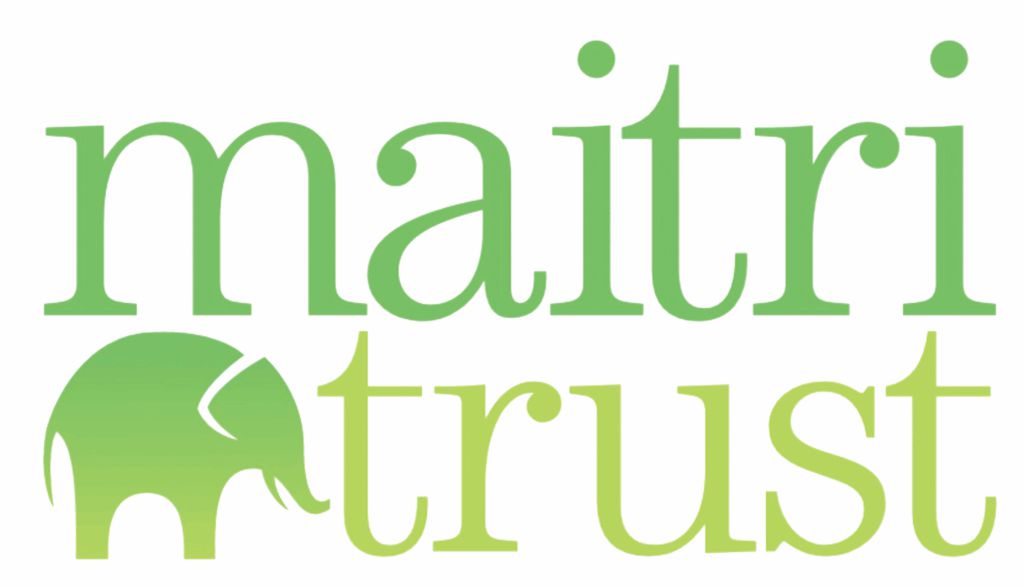
Q: What are some of the project partnerships you are most proud of?
Whilst our mission at Maitri is to improve the quality of education, we have just completed a campaign to respond to the COVID-19 crisis, supporting more than 60 new organisations across our three focus countries – South Africa, India and Mexico. We have relied heavily on our network of partners and funder friends on the ground to help us source good quality, effective organisations providing relief in a range of ways – from food and food vouchers, to small cash stipends, to personal protective equipment, to awareness and education about the virus and preventative measures, to medical treatment and quarantine facilities, to psycho-social and mental health support, to education materials for children and for parents to use with children. Streamlining our application process was essential to ensure we got funds where they needed to be as fast as possible. In fact, we have sourced, researched, conducted due diligence, written proposals for and approved grants to more organisations in the last quarter than we normally reach in an entire year. Some of Team Maitri, like many others, have been juggling work with child care and home schooling, and supporting partners who are key workers. They have been working all manner of strange hours! But we are acutely aware that we are the lucky ones. We are immensely grateful and privileged to have been in a position to provide support when so many face unimaginable challenges. We could not have completed this campaign without the help of Kamvalethu and all our friends in South Africa. Thank you!
Q: What is your approach to collaboration and what makes collaboration work well for you?
Collaboration comes in many guises. Like Kamvalethu, we belong to several networks, the International Education Funders Group and IPASA, for example. These are very valuable spaces for us to hear about what is going on both in terms of practice and research, and to connect with and learn from others in the sector. There are few, if any, other organisations in Edinburgh working in education in the same countries as Maitri, which makes these networks all the more critical for us – we are very conscious of our remoteness from the work we fund! We are also involved in a small number of formal collaborations where we pool our funding with others for a given programme and manage the relationship with the implementing partner(s) as a group. Effective collaboration requires an element of good leadership, and just as in any relationship, professional or personal, demands enormous trust and honest communication – with each other and with the NGO partner. This is what makes collaboration work well for us. It often requires more effort to work in partnership but we very much believe the whole can be so much greater than the sum of the parts when organisations come together. For that reason, collaboration is an increasingly important path for us to tread.
Q: What are you most excited about for the future?
Our network in South Africa was already well-established but is all the stronger as a result of the crisis. Our new and newly-strengthened relationships present an opportunity for us to do more in South Africa. We are excited about new partnerships and collaborations and the difference they may make to the communities we serve!
A big Thank You once again to the wonderful team at Maitri, it has been a joy to partner with you!
